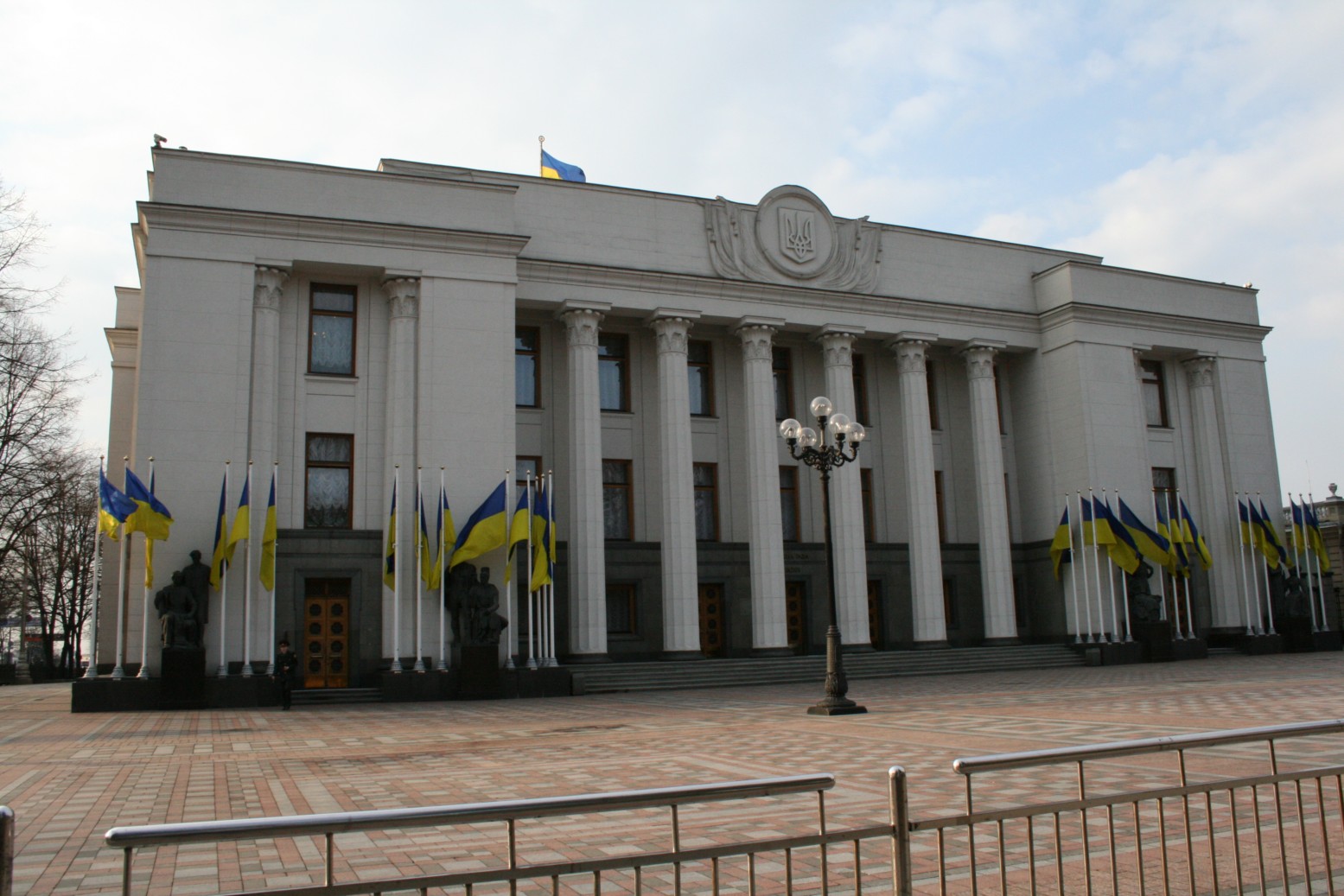
Hungarian Minority’s Demands for Autonomy in Romania: Brushfire or Prelude to Full-Fledged Blaze?
Hungarian Minority’s Demands for Autonomy in Romania: Brushfire or Prelude to Full-Fledged Blaze?
Joining the list of autonomist movements in at least 19 other European countries, the Szekler community in southeastern Transylvania has ignited an ethno-political brushfire in Romania. According to the “Petition on the Day of Szekler Freedom,” the group demands territorial autonomy and “full and effective freedom and equality” (Sznt.sic.hu, March 10). Unresolved, this initiative and the Romanian government’s pushback against it may morph into a major problem in a region struggling with similar issues in Moldova, Ukraine, Macedonia, Montenegro and Serbia, among others.
The authors of the autonomy demands are a sub-group of ethnic Hungarians with a distinct, 800-year-long social and political identity. Over 600,000 Szeklers constitute 75 percent of the population in Covasna, Harghita and Mures counties, in the center of Romania—a region they call Szeklerland. Representing half of the country’s Hungarian minority, according to the 2011 census, the Szeklers demand political and administrative self-rule, with an elected president, their own flag, and recognition of Hungarian as an official language alongside Romanian (Recensamantromania.ro, accessed July 17). They also want control of more of the region’s state taxes and a return of what they claim to be their patrimony, such as church and school buildings, forests, quarries and mines, which were nationalized by the Communist regime.
Since 1990, Hungarians have dominated the leadership of the counties and towns in which they make up a majority, rebuilt the educational and cultural institutions destroyed by the Communist government in the 1980s, and are represented in the Romanian parliament. They also enjoy cultural autonomy, including the use of Hungarian. All insufficient, the Szeklers say, particularly in light of what they perceive as pressure to assimilate. Bucharest’s intent to remap the country’s administrative organization feeds the Szeklers’ fear they will be gerrymandered into minority status in the locales where they are now in the majority.
Szeklerland is the “only significant [minority dominated] region in Europe without a special status,” declares Dr. Miklos Bakk, who teaches at Sapientia University in the Transylvanian city of Cluj-Napoca. A Szekler himself, Bakk was one of the authors of “a new blueprint for autonomy,” launching a debate in October 1992 that culminated in “The Declaration Regarding the National Question.” By 2003, it evolved into the “Autonomy Package Plan,” the backbone of the “Autonomy Statute of Szeklerland” introduced by the Szekler National Council (SZNT) the same year, and followed by a new iteration in 2006 (Sznt.sic.hu, June 5, 2006). Autonomy advocates point to the Catalan (Spain) and South Tyrol (Italy) regions as models.
Split into moderate and radical factions, Romania’s Hungarians support Szekler autonomy but differ on how to proceed and what the process ought to emphasize. This cleavage is exhibited in their representation in parliament, the Democratic Alliance of Hungarians in Romania (DAHR). Autonomy advocates say that the DAHR secured individual but not collective rights for Hungarians. And while its platform included support for the Szeklers, it “did not do much [in parliament]” to help the cause, argues Bakk (Author’s interview, May 25).
For most Romanians, the Szeklers’ pursuit of autonomy “means opening a Pandora’s box, creating a dangerous precedent for the breakup of the country’s unity,” a fear with roots in history, explains Ruxandra Hurezean, a senior editor at Sinteza magazine in Cluj-Napoca (Author’s interview, March 8). Transylvania passed from Ottoman to Habsburg, then Austro-Hungarian control by the 17th century, before joining in 1918 with the Romanian United Principalities established in 1859. By 1940, the contentious relationship between Romanians and Hungarians worsened when Hungary annexed 40 percent of Transylvania with help from Nazi Germany. Romanians were persecuted, expelled and killed during the annexation. In turn, Romania deported tens of thousands of Hungarians from southern Transylvania. The 1947 Treaty of Paris annulled the annexation and re-established the Romanian-Hungarian border set by the 1920 Treaty of Trianon.
Hungary remains unhappy about the loss. Likewise, the memory of that temporary dispossession keeps Romania embittered and suspicious of Budapest’s intentions. Currently, supporting Szekler autonomy is a death knell for any Romanian political party, politician or government. This explains both the parliament’s and the government’s refusal to even contemplate the SZNT’s “Autonomy Statute of Szeklerland” of 2006 or the 2004 “Framework Law on the Personal Autonomy of National Minorities,” authored by the Hungarian National Council of Transylvania (Emnt.org, accessed July 17). And when, in January 2017, ethnic-Hungarian citizens of Romania launched a popular initiative on autonomy, the national parliament’s expert legal advisory body, the Legislative Council, concluded that “creating a distinct state entity, parallel to the national unitary […] state” is impossible, because the country’s constitution defines Romania as a “national, sovereign, independent, unitary and indivisible state” (Monitoruljuridic.ro, January 26).
Neither side is willing to recognize each other’s sensibilities and fears. The articulation of the Szeklers’ search for dignity, respect and survival has taken on the political rhetoric of “autonomy,” but this characterization is also suggestive of exclusivist nationalism. It unquestionably creates a casus belli for Romanians, admittedly a feeble one but an excuse for anti-Hungarian-incitement and sometimes violence—as “patriots” in and out of the national, regional, and local governments have done since 1990. Additionally, it is a palliative for the ongoing political crisis.
A case in point was a failed Social Democratic Party (SPD)–DAHR agreement in June 2017. The SPD offered parliamentary approval for a national holiday on March 15, the day Hungary celebrates its 1848 revolution, and for Hungarian to be recognized as an official language for use in Hungarian-controlled local administrations. HotNews.ro reported, on June 20, that in exchange, DAHR was to join a no-confidence vote against Prime Minister Sorin Grindeanu. The incident instantly triggered a display of xenophobia, demagoguery and instigation to violence by a handful of politicians and media outlets. Accusations circulated that Transylvania was in danger of being “auctioned” to Hungary and that there will be a “separate state in […] Transylvania.”
This latest chapter in Romania’s enduring political drama suggests that even initiating a dialogue on Szekler autonomy in today’s political and emotional climate appears impossible. Without it, states the “Petition on the Day of Szekler Freedom,” the “rise of extremist views” is being encouraged. Whether this is a warning, threat or plea, there may be a need for the international community to finally become involved before the local brushfire flares into a blaze.


